Summer vacation has begun for many students throughout the country. Parents and caregivers are challenged with taking advantage of warmer weather and more daylight while still maintaining the level of structure and routine their loved one with Prader-Willi syndrome needs. For some people, coming up with fun activities is a stressor. PWSA | USA has...
Category: Blog
PWSA | USA Advocacy in Action: Spotlight on Capitol Hill
Representing PWSA | USA and their loved ones with Prader-Willi syndrome, our Community Engagement Specialist, Dorothea Lantz, and one of our amazing advocates from Virginia, Charles Conway, together with their families in tow, joined Patients Rising Now and more than 60 caregivers and patients with chronic and life-threatening illnesses from across the nation this past...
READ: Delores Baker Shares Daughter, Lindsay’s, Success in 2022 Special Olympics Debut
Lindsay Baker, 31, who is living with Prader-Willi syndrome, made a splash at the 2022 Special Olympic Games in Orlando, FL by competing in and medaling in not one, but TWO swimming events! PWSA | USA had the opportunity to speak with Lindsay's mom, Delores, who shared her daughter's incredible journey from birth and her...
PWSA | USA Family Support Team Shares Tips to Stay Cool During the Hot Summer Months
As the weather warms up and we see a few extra hours of daylight, spending time with your family, having fun, and de-stressing is a must do. Whether you are hiking near a waterfall, camping in your backyard, riding bikes through your neighborhood, or running through the sprinkler, doing it together as a family will...
Family Support Spotlight: “They Always Made Me Feel Like There is Hope”
"I would like to send a huge thank you to everyone at the Family Support team. The last couple of years have been extremely stressful. My child is really struggling with behavior issues and stealing food. We've had deputies at our house a half dozen times, we've had to call and she has called them...
Kasey Bedard, Ph.D., BCBA-D, IBA Shares Findings from Research Study Funded by PWSA | USA
PWSA | USA is excited to share the findings from a grant funding opportunity, awarded to and studied by Kasey Bedard, Ph.D., BCBA-D, IBA. This grant assisted Kasey with her work on PWS Smart-Start, a behavior-analytic caregiver training program. Kasey gives a brief overview of her results below. ------------------------------------------------------------------------------------------ Contributed by Kasey Bedard The purpose...
Stay Hydrated in Style with PWSA | USA’s Hope United Water Bottles!
Just in time for summer, stay hydrated in style with our brand-new Hope United water bottles! The water bottles come in two sizes - 20 oz. or 40 oz. They also come in multiple colors including white, purple, green, orange, red, pink, yellow, and more! BONUS: You have the option to personalize your water bottle!...
LEVO Therapeutics to Close PWS Drug Trial, Phase III Carbetocin
Yesterday afternoon, PWSA | USA learned in a conversation with LEVO Therapeutics that the company has made the decision to close their Phase III Carbetocin study. LEVO shared they are in the process of potentially being acquired. If this happens, the new company will ultimately make the decision about how and when the next study...
PWSA | USA Unveils Exciting New Initiative: PWS Hope United!
The wait is finally over! We are thrilled to reveal PWSA | USA's exciting new initiative, which our team has been hard at work preparing for. CEO Paige Rivard shares insight on our new Peer-to-Peer Fundraising platform, PWS Hope United, in the video below! Please join us next Tuesday, May 31st, for our May Community...
PWSA | USA’s Family Support Program Offers Help + Hope!
PWSA | USA's 2022 Family Support Campaign begins June 1, 2022 and will last through July 31, 2022 At all ages and stages, PWSA | USA’s Family Support team is always here to offer HELP + HOPE. From your first days in the NICU, to your loved one’s school IEP, food-seeking and behavioral needs, guardianship,...
Save the Date: PWSA | USA’s First Ever D.C. Fly-In Event
The centerpiece of PWSA | USA's 2022 Advocacy initiative is our first ever D.C. Fly-In. This exciting, in-person event will take place September 19 - 21, 2022 in Washington, D.C. and provide an opportunity for our state activists to expand their efforts and engage their individual members of Congress. Our platform will be to encourage...
RESCHEDULED: Join us for our Next Advocacy in Action Webinar on June 8th!
Due to technical issues, we were forced to reschedule our May Advocacy in Action webinar featuring Rachel Derby with Patients Rising for June 8, 2022 at 8:00 p.m. EST. We apologize for any inconvenience this may have caused, but we’re looking forward to seeing all of you who can attend!
It’s Teacher Appreciation Week!
Contributed by PWSA | USA Family Support Director Stacy Ward Would you be where you are today, without the teachers in your life who encouraged, inspired and believed in you? I know I would not be. I considered being a teacher – who does not love the idea of getting out of work by three...
The 2022 Giving Challenge is now LIVE!
The Giving Challenge starts TODAY (April 26, 2022) at 12:00 p.m. EST, and we need YOU to help us make the most of this incredible matching gift opportunity! Thanks to The Patterson Foundation, every gift made from noon today until noon tomorrow (April 27, 2022) will be DOUBLED up to $100. That means your gift...
Hyperphagia and How it Affects Learning
Contributed by Stacy Ward, MS Director of Family Support and Lynn Garrick, RN, BSN Medical/Research Coordinator Prader-Willi syndrome (PWS) is a rare neurodevelopmental genetic disorder that affects multiple systems in the body. There are many symptoms of PWS, including hyperphagia, behavioral challenges, hypotonia, incomplete sexual development, cognitive deficits, metabolic dysregulation, and several more. Hyperphagia is...
PWSA | USA is Getting Ready for our First Annual Volunteer Summit
PWSA | USA staff members are putting the final preparations together for the organization's first-ever Volunteer Summit, which will be held April 29, 2022 - May 1, 2022 in Dallas, TX. We are looking forward to welcoming many of our dedicated volunteers! At this time, we are no longer accepting new attendees, but be on...
National Siblings Day: Joe Gill
April 10, 2022 is National Siblings Day, a day where we take the opportunity to celebrate and recognize the amazing siblings in our PWS community. One sibling in particular is going above and beyond to raise awareness and funds for our rare disease community. Joe Gill, 22, will be running in the upcoming Boston Marathon...
FDA Advocacy in Action Webinar Registration Now Available!
Advocacy in Action presents… Engaging with the FDA: Opportunities and Boundaries WHEN: April 27, 2022 at 3:00PM EST REGISTER HERE As our community continues down the ever-evolving road of drug trials to enhance the lives of those who have Prader-Willi syndrome (PWS), PWSA | USA invites you to join us for a live webinar featuring two...
Clinical Trial Sites Announced for Radius Health’s RAD011 SCOUT-015 Study
Radius Health has announced the locations for its RAD011 SCOUT-015 Clinical Trials. Below, you will find a downloadable map with each participating hospital and medical center around the country. The RAD011 SCOUT-015 studies are in various stages, depending on the location, from initiated to activated and ready to enroll. You can also find a comprehensive...
Saniona Pausing All Clinical Trials for PWS Drug Tesomet Due to Funding Limitations
This morning, Saniona announced they will be voluntarily pausing all Phase 2b Clinical Trials for the drug Tesomet, which is being studied as a treatment for Prader-Willi syndrome (PWS). Saniona has explained that this pause is due to funding limitations and has nothing to do with the "safety or efficacy" of the drug itself. PWSA...
Lawmakers Review Several Legislative Proposals Intended to Accelerate Innovation of Therapies, Including STAT Act
On Thursday, March 17th, the House Energy & Commerce Subcommittee on Health held a hearing regarding The Future of Medicine: Legislation to Encourage Innovation and Improve Oversight. This hearing explored a number of legislative proposals intended to accelerate innovation of therapies, while ensuring appropriate levels of oversight, including H.R. 1730, the Speeding Therapy Access Today...
Texas Prader-Willi Association Opens New PWS Group Home
While the world and our Prader-Willi syndrome (PWS) community have been dealing with the pandemic's unpredictable circumstances, specifically the many obstacles to find appropriate supported living, the Texas Prader-Willi Association has managed to open a new PWS specific group home. The Texas Prader-Willi Association purchased and renovated a three-bedroom house to serve as a PWS...
What Type of Research Matters to You?
For more than 40 years, PWSA | USA has played a critical role in sponsoring and advancing research for the benefit of our PWS community. We are excited to continue this important commitment to PWS research in ways you have always relied on (organizing scientific conferences, offering grants to clinicians, etc.). We are also eager...
STAT Act to be Discussed in Congressional Hearing – Get in Touch with your Members of Congress!
URGENT CALL TO ACTION!! Due to the tremendous momentum created by Rare Disease Week on Capitol Hill, The Speeding Therapy Access Today (STAT) Act will FINALLY be discussed in a Congressional hearing on Thursday, March 17th at 10:30AM EST! This is a MAJOR milestone across all rare disease communities' efforts to pass targeted and impactful...



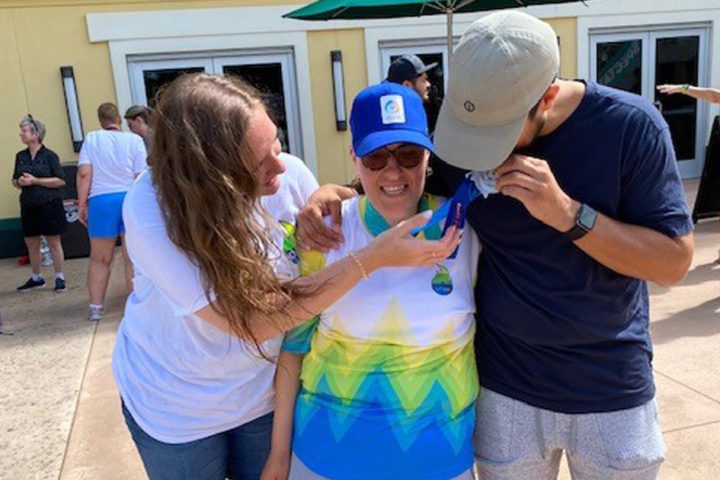
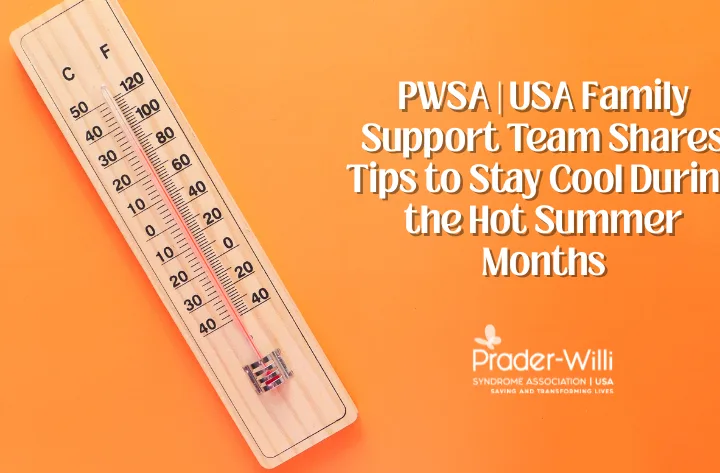
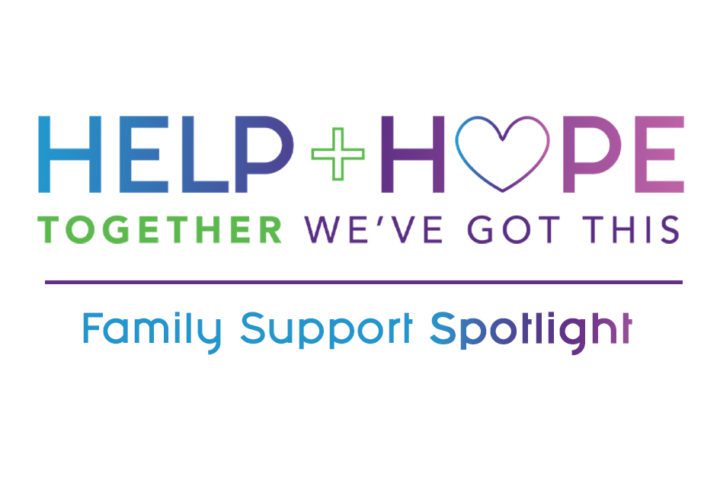



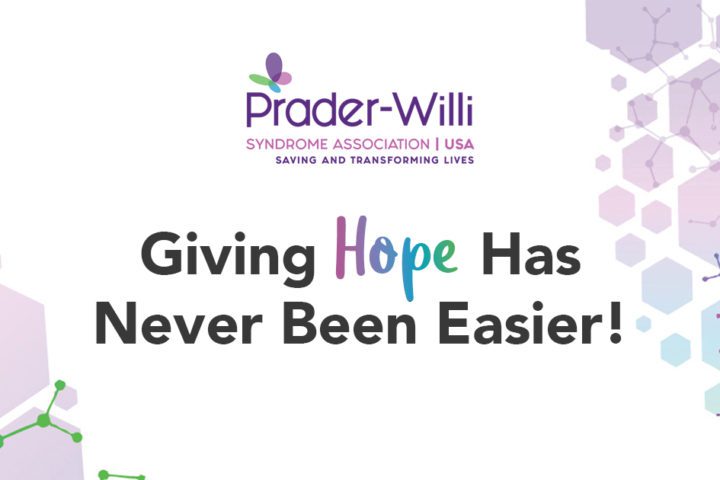
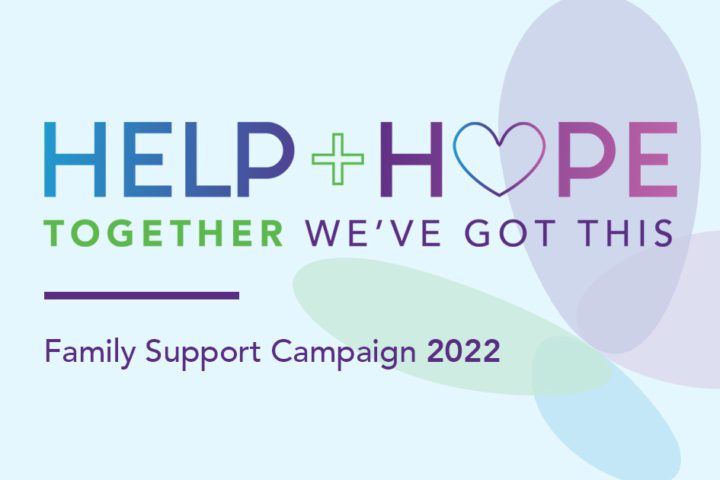

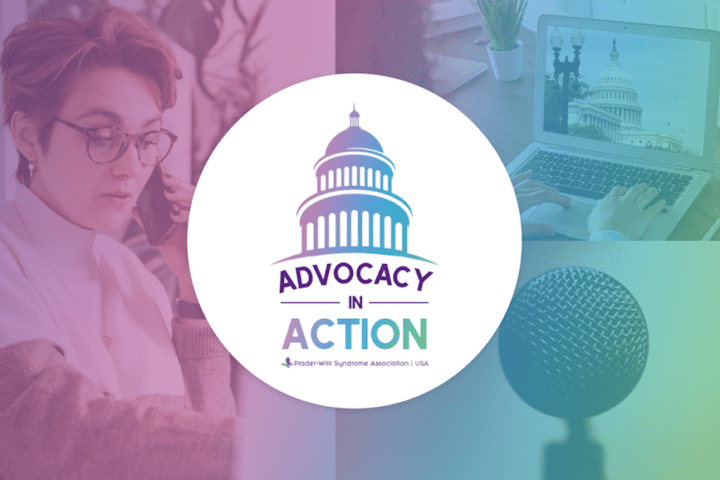



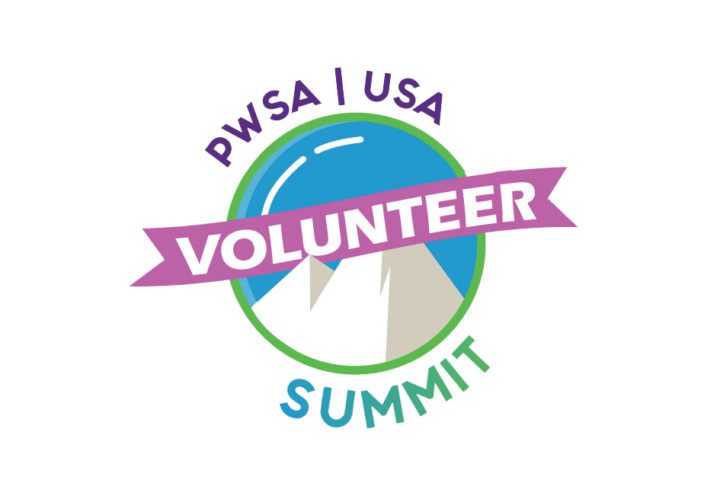
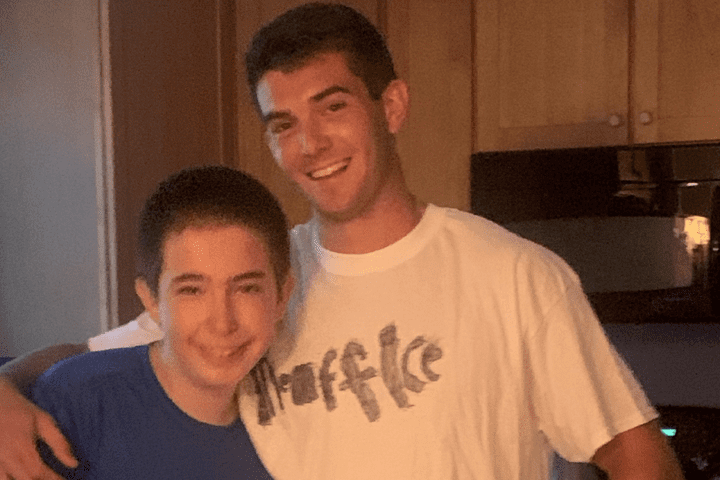

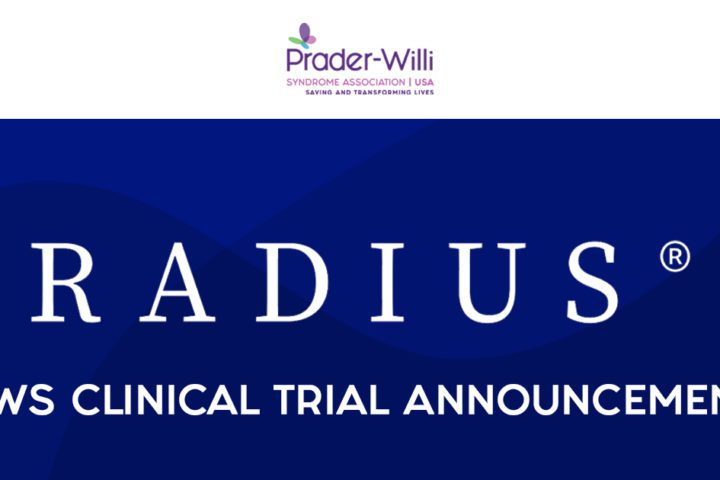

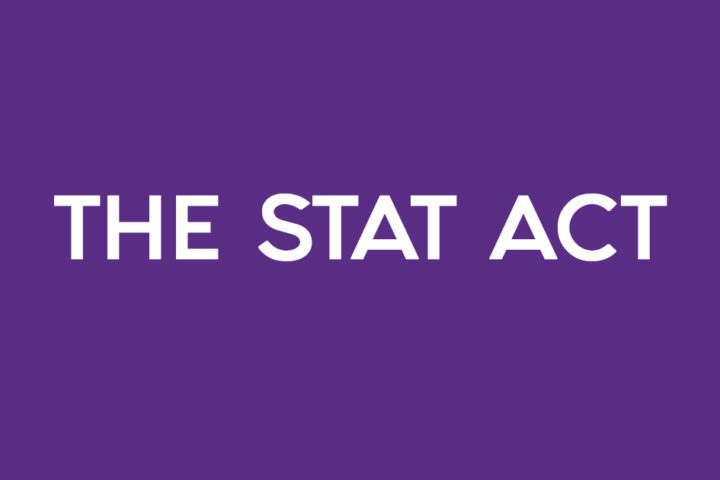

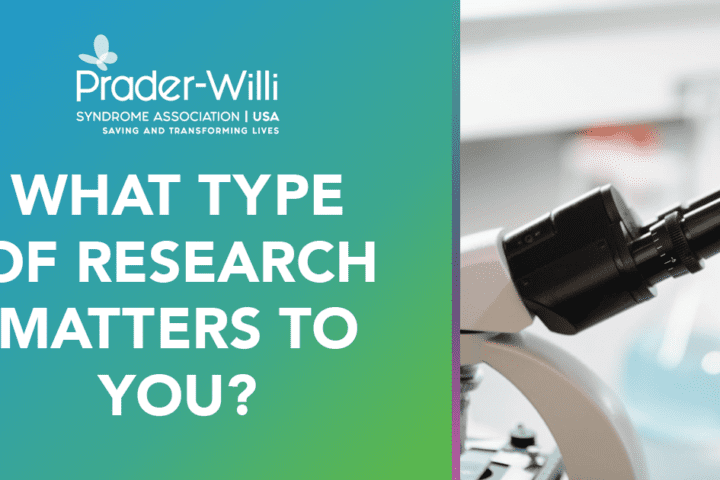
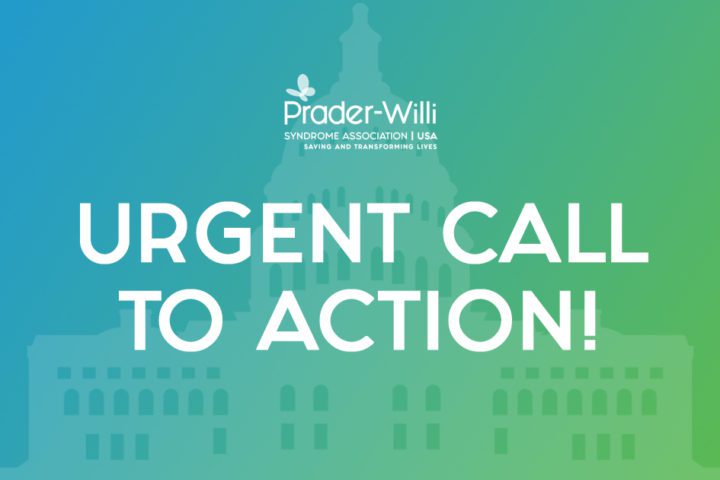
 Perry A. Zirkel has written more than 1,500 publications on various aspects of school law, with an emphasis on legal issues in special education. He writes a regular column for NAESP’s Principal magazine and NASP’s Communiqué newsletter, and he did so previously for Phi Delta Kappan and Teaching Exceptional Children.
Perry A. Zirkel has written more than 1,500 publications on various aspects of school law, with an emphasis on legal issues in special education. He writes a regular column for NAESP’s Principal magazine and NASP’s Communiqué newsletter, and he did so previously for Phi Delta Kappan and Teaching Exceptional Children. Jennifer Bolander has been serving as a Special Education Specialist for PWSA (USA) since October of 2015. She is a graduate of John Carroll University and lives in Ohio with her husband Brad and daughters Kate (17), and Sophia (13) who was born with PWS.
Jennifer Bolander has been serving as a Special Education Specialist for PWSA (USA) since October of 2015. She is a graduate of John Carroll University and lives in Ohio with her husband Brad and daughters Kate (17), and Sophia (13) who was born with PWS. Dr. Amy McTighe is the PWS Program Manager and Inpatient Teacher at the Center for Prader-Willi Syndrome at the Children’s Institute of Pittsburgh. She graduated from Duquesne University receiving her Bachelor’s and Master’s degree in Education with a focus on elementary education, special education, and language arts.
Dr. Amy McTighe is the PWS Program Manager and Inpatient Teacher at the Center for Prader-Willi Syndrome at the Children’s Institute of Pittsburgh. She graduated from Duquesne University receiving her Bachelor’s and Master’s degree in Education with a focus on elementary education, special education, and language arts. Evan has worked with the Prader-Willi Syndrome Association (USA) since 2007 primarily as a Crisis Intervention and Family Support Counselor. Evans works with parents and schools to foster strong collaborative relationships and appropriate educational environments for students with PWS.
Evan has worked with the Prader-Willi Syndrome Association (USA) since 2007 primarily as a Crisis Intervention and Family Support Counselor. Evans works with parents and schools to foster strong collaborative relationships and appropriate educational environments for students with PWS. Staci Zimmerman works for Prader-Willi Syndrome Association of Colorado as an Individualized Education Program (IEP) consultant. Staci collaborates with the PWS multi-disciplinary clinic at the Children’s Hospital in Denver supporting families and school districts around the United States with their child’s Individual Educational Plan.
Staci Zimmerman works for Prader-Willi Syndrome Association of Colorado as an Individualized Education Program (IEP) consultant. Staci collaborates with the PWS multi-disciplinary clinic at the Children’s Hospital in Denver supporting families and school districts around the United States with their child’s Individual Educational Plan. Founded in 2001, SDLC is a non-profit legal services organization dedicated to protecting and advancing the legal rights of people with disabilities throughout the South. It partners with the Southern Poverty Law Center, Protection and Advocacy (P&A) programs, Legal Services Corporations (LSC) and disability organizations on major, systemic disability rights issues involving the Individuals with Disabilities Education Act (IDEA), Americans with Disabilities Act (ADA), and the federal Medicaid Act. Recently in November 2014, Jim retired.
Founded in 2001, SDLC is a non-profit legal services organization dedicated to protecting and advancing the legal rights of people with disabilities throughout the South. It partners with the Southern Poverty Law Center, Protection and Advocacy (P&A) programs, Legal Services Corporations (LSC) and disability organizations on major, systemic disability rights issues involving the Individuals with Disabilities Education Act (IDEA), Americans with Disabilities Act (ADA), and the federal Medicaid Act. Recently in November 2014, Jim retired.